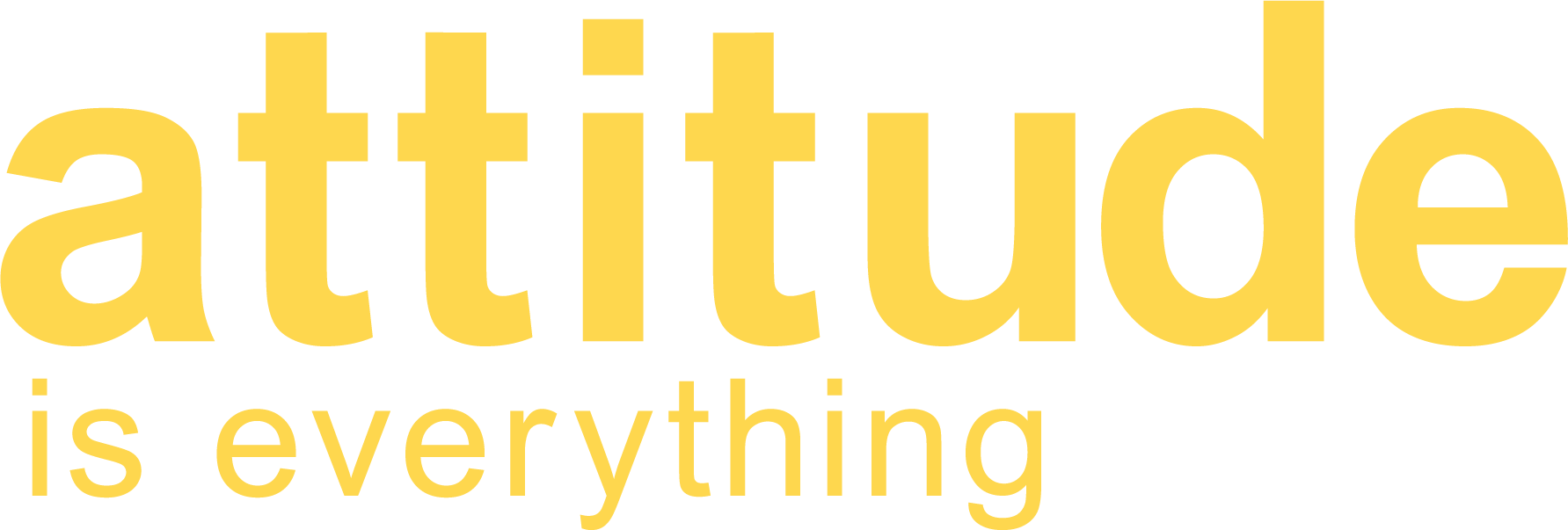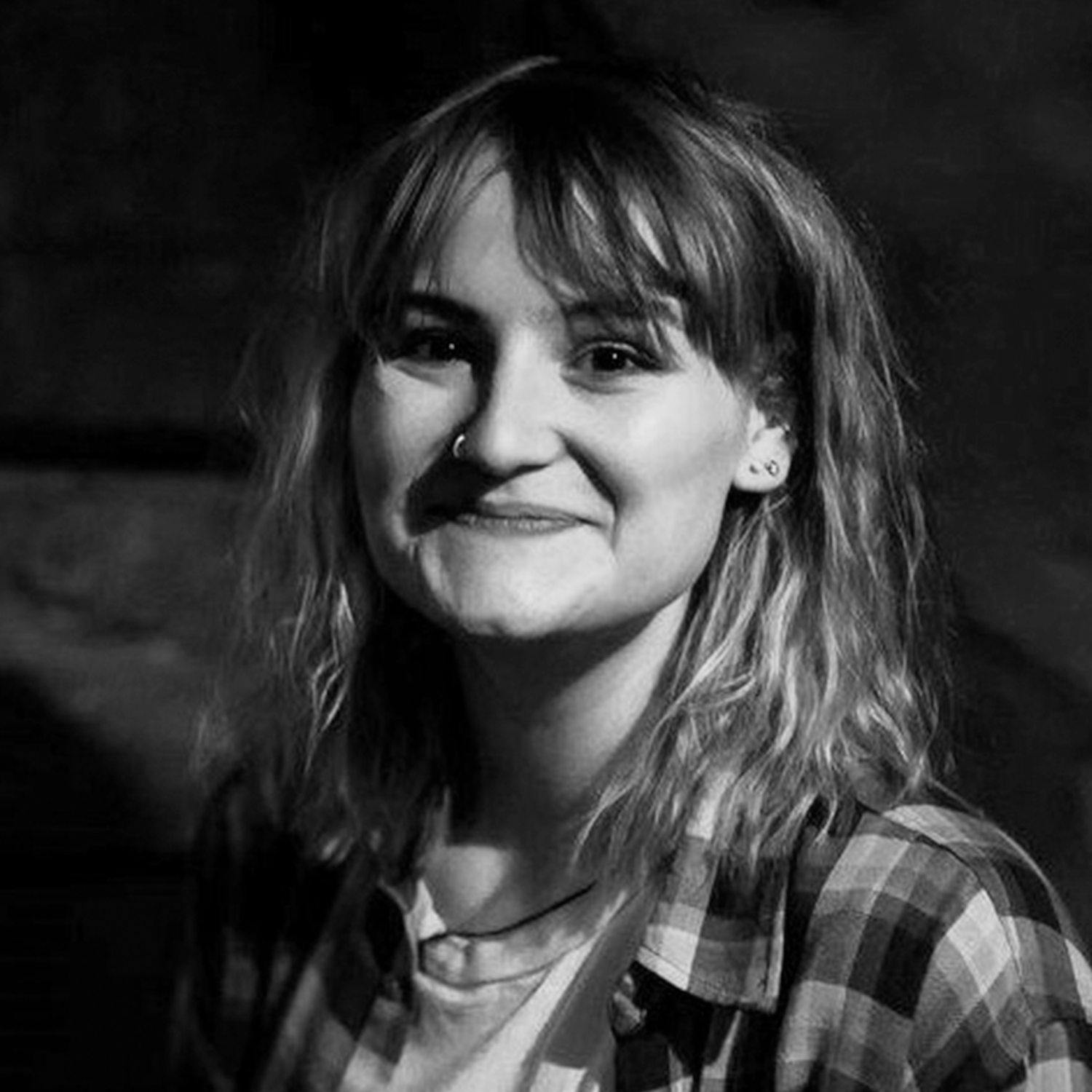Part of a series of interviews to highlight the impact of our Future Leaders programme, part of our Beyond The Music initiative.
1. What does it mean to you to be a Future Leader? And how has the Future Leaders initiative helped you so far in your career?
It’s been a privilege to be a Future Leader because it’s shown me that people believe in me and that it’s possible to work towards my goals. It’s also been a pleasure to be a part of a group of like-minded people who have had similar experiences in life – experiences that are not often talked about in the rest of society. The Future Leaders initiative has shown me that I am not alone and I am not ‘silly’ for wanting to work in a tough, unforgiving but wonderful industry.
It’s helped me have enough faith and confidence to kick-start a career in the industry while inspiring me to apply for my current job as Disability Support Coordinator at a university. It’s cemented my passion for music and accessibility and with that, I have learnt so much.
The initiative has also helped me discover what I want to do and how I would fit into this ever-changing industry. It’s given me the language and confidence to speak to industry professionals and ‘go for it!’.
2. What have you found are the biggest barriers to a career in your industry for those with access requirements? And how can we challenge existing barriers as employers, colleagues, and friends?
The music industry is generally a tough industry to break into even with qualifications and experience. On top of that, the added barriers for disabled people can make it feel impossible. Generally and historically, access needs are not always made a priority in many areas of the industry. For instance, in my experience as a performer, I have never seen a stage that is suitable for wheelchair users. It also feels like disabled people are considered as an afterthought and are only ‘dealt with’ when employers/venues etc are made aware of access requirements (when it’s too late). To challenge this, it’s important to talk about it and make it known in as many venues, studio/rehearsal spaces as possible. We should keep talking about accessibility in the industry until we feel heard.
Furthermore, time and consideration should be taken to talk to employees/freelancers about their needs. As a freelancer, sometimes this can be hard because you’re hopping from place to place and want to do a good job. Sometimes, telling people my access requirements or letting them know about my fatigue/pain is a scary concept because I don’t want them to think I am lazy or a bad worker. I worry if they think that, I will lose out on any future work. Therefore, if employers actively listen to their staff and ask what they can put in place for them, this could be less of a scary concept. It would also be good to see some initiatives (for instance make it known that they are a disability confident employer and they will ensure a conversation is had regarding access needs) ahead of booking work. This will make venues/festivals etc easier to approach and feel less intimidating.
3. How represented are D/deaf, disabled and neurodivergent people in the music and live events industries and how can we change this?
I think D/deaf, disabled and neurodivergent people are represented more so now than they were historically however, I still think we have a long way to go. It almost feels like you know they ‘exist’ within the industry but you almost have to look for it. To change this, I think it’s important to have discussions with employers on the importance of being a disability confident employer and allowing conversations around this to reduce the stigma. We should also campaign to ensure that D/deaf, disabled and neurodivergent people are on big festival line ups and are booked for gigs (in a similar vein of getting more female artists headlining large festivals).
The main problem seems to be stigma – I think companies think it’s easier to employ people with ‘no problems’ because they don’t then have to go out of their way to make reasonable adjustments or pay for specialist equipment etc. Having a much-needed conversation to reduce this will work wonders. I’m sure if we educate kindly, we can make a change.
4. How has the Future Leaders initiative brought value to your career and what are your next steps?
The Future Leaders Initiative has brought value to my career because it’s highlighted what I really want to do. Before I started with FL’s, I knew I loved music and wanted to use my Masters degree (in Commercial Music) but didn’t quite know how. Now, I know that I want to be a promoter, work at festivals during the summer months and become a freelancer (ah scary!) in access consultancy for gigs and festivals. It’s also led me to my current role as Disability Support Coordinator at a university which has opened many doors for me. Although this isn’t music related, it’s solidified my passion for accessibility and supporting people with disabilities. Now I know that my options are endless and I am capable of working in ways that make me happy. I have also learned that it’s okay if I work differently to what’s expected from society. Therefore, I have changed the way I work and my expectations of myself and now feel more successful and happy.
My next steps include taking the leap as a freelancer and working at even more festivals!
5. Can you share your favourite highlights so far on your journey as a Future Leader?
- Having the opportunity to work at We Out Here 2022 as part of the Management Support Team. They have invited me back for 2023 so I am so grateful for this!
- Training to be a Disability and Equality trainer – not only did I learn a lot, I felt very inspired by this as it pushed me towards my access consultancy dreams. I look forward to hopefully hosting more sessions. Meeting Phoebe, Paul and Gideon in real life too was lovely!
- Meeting like-minded people in a safe space where we could talk about anything was fantastic!
6. In three words, can you summarise the positive impacts being a Future Leaders has had on you?
Inspiring, motivating, and supportive.

